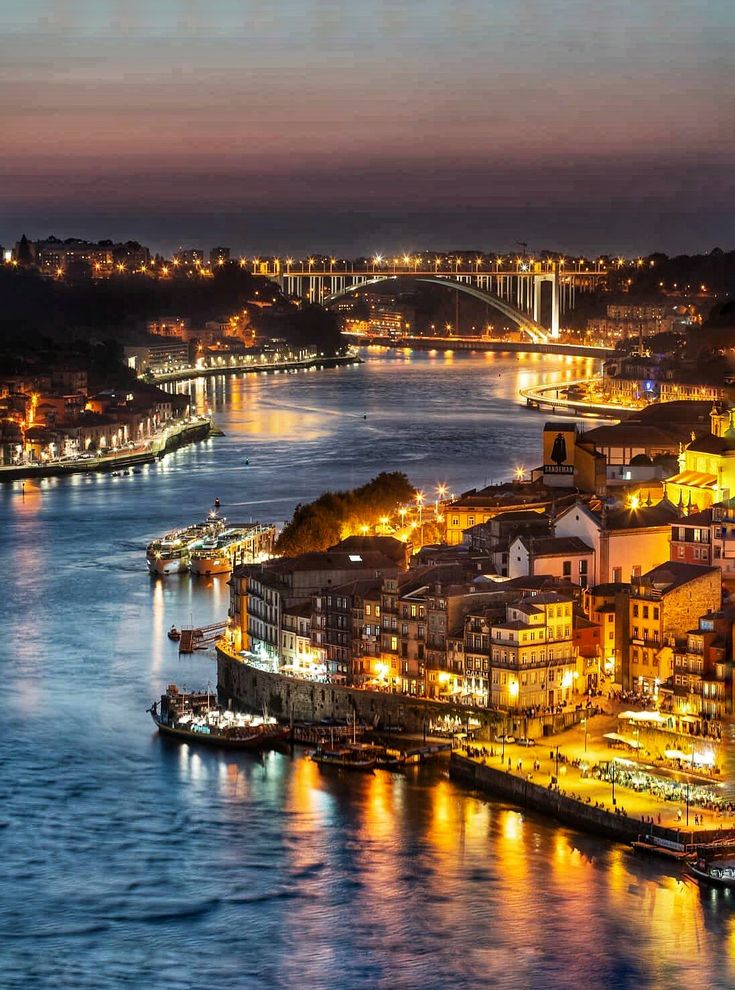15 Oldest Countries in the World-13 Will Amaze You
15. Portugal (1139 AD)
Portugal is a country located in Southern Europe on the Iberian Peninsula. It is known for its rich history, maritime exploration, and vibrant cultural heritage. Portugal has a long and storied history that dates back to ancient times. The region was inhabited by various Celtic and Lusitanian tribes before becoming part of the Roman Empire. The Moorish invasions in the 8th century left a lasting impact on the culture and architecture of the region. The Kingdom of Portugal was established in the 12th century, and it quickly grew in power and influence during the Age of Discovery. Portuguese explorers, such as Vasco da Gama and Ferdinand Magellan, played a crucial role in the exploration and colonization of Africa, Asia, and the Americas, establishing a global maritime empire. The Treaty of Tordesillas in 1494 divided the newly discovered territories between Portugal and Spain, leading to the establishment of Portuguese colonies in Brazil, Africa, India, and Southeast Asia.

Portugal’s history also includes periods of political turmoil, such as the establishment of the First Portuguese Republic in 1910 and the authoritarian Estado Novo regime under António de Oliveira Salazar. The Carnation Revolution in 1974 brought an end to the dictatorship and paved the way for the establishment of a democratic government. Portugal’s architectural heritage is exemplified by structures such as the Belém Tower, the Jerónimos Monastery, and the Pena Palace, which showcase a blend of Gothic, Manueline, and Baroque styles. In conclusion, Portugal’s legacy of maritime exploration, cultural diversity, and historical resilience has shaped its identity as a nation of great significance and influence. From the Age of Discovery to the present day, Portugal’s cultural contributions and spirit of exploration continue to inspire admiration and appreciation around the world.